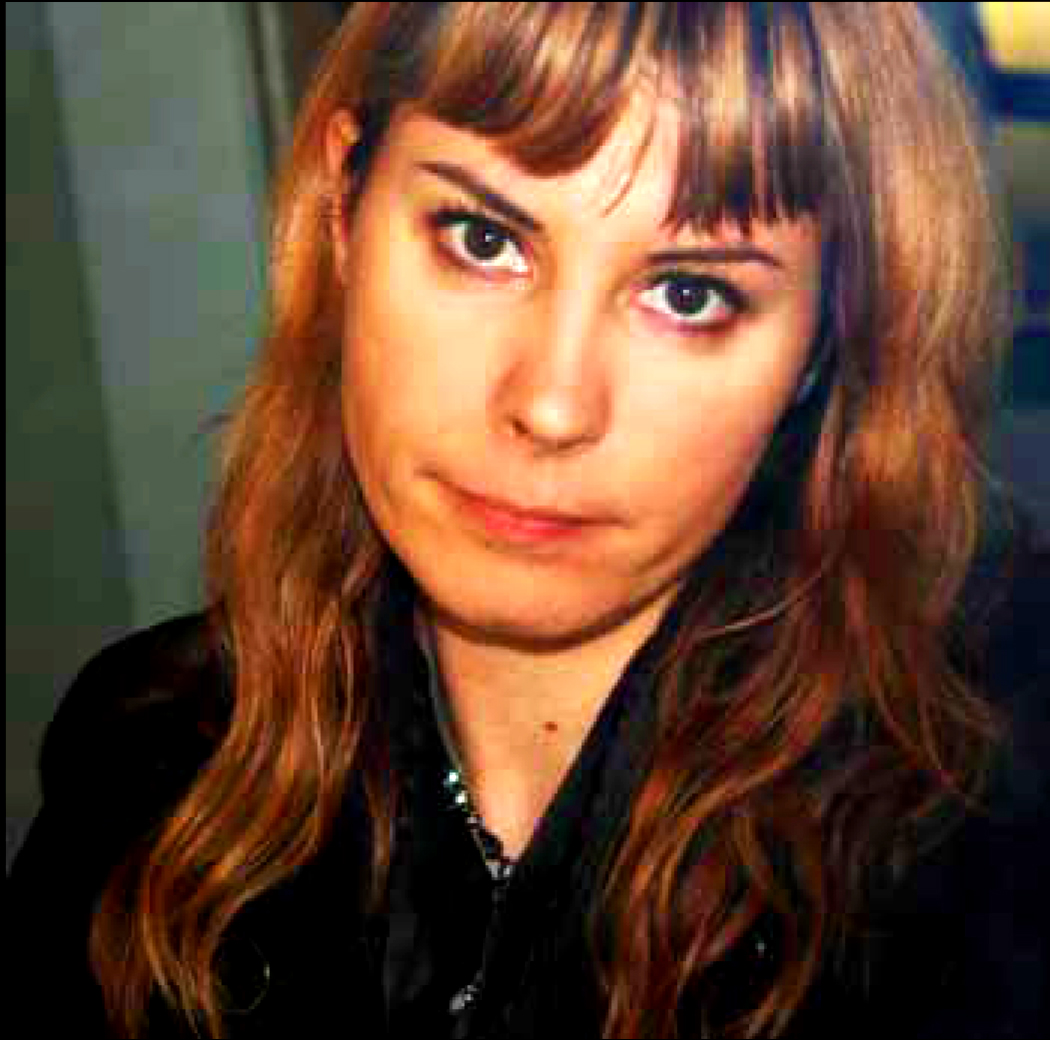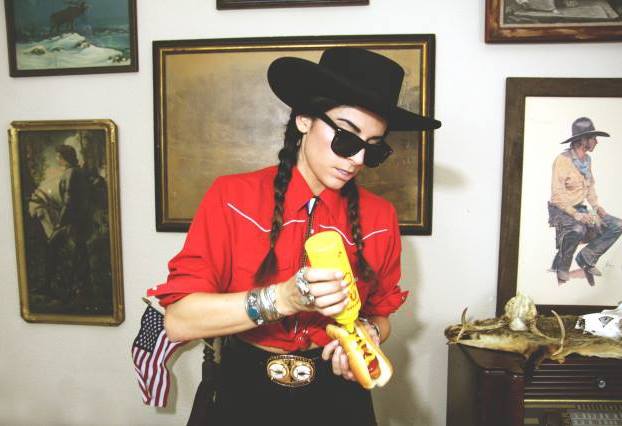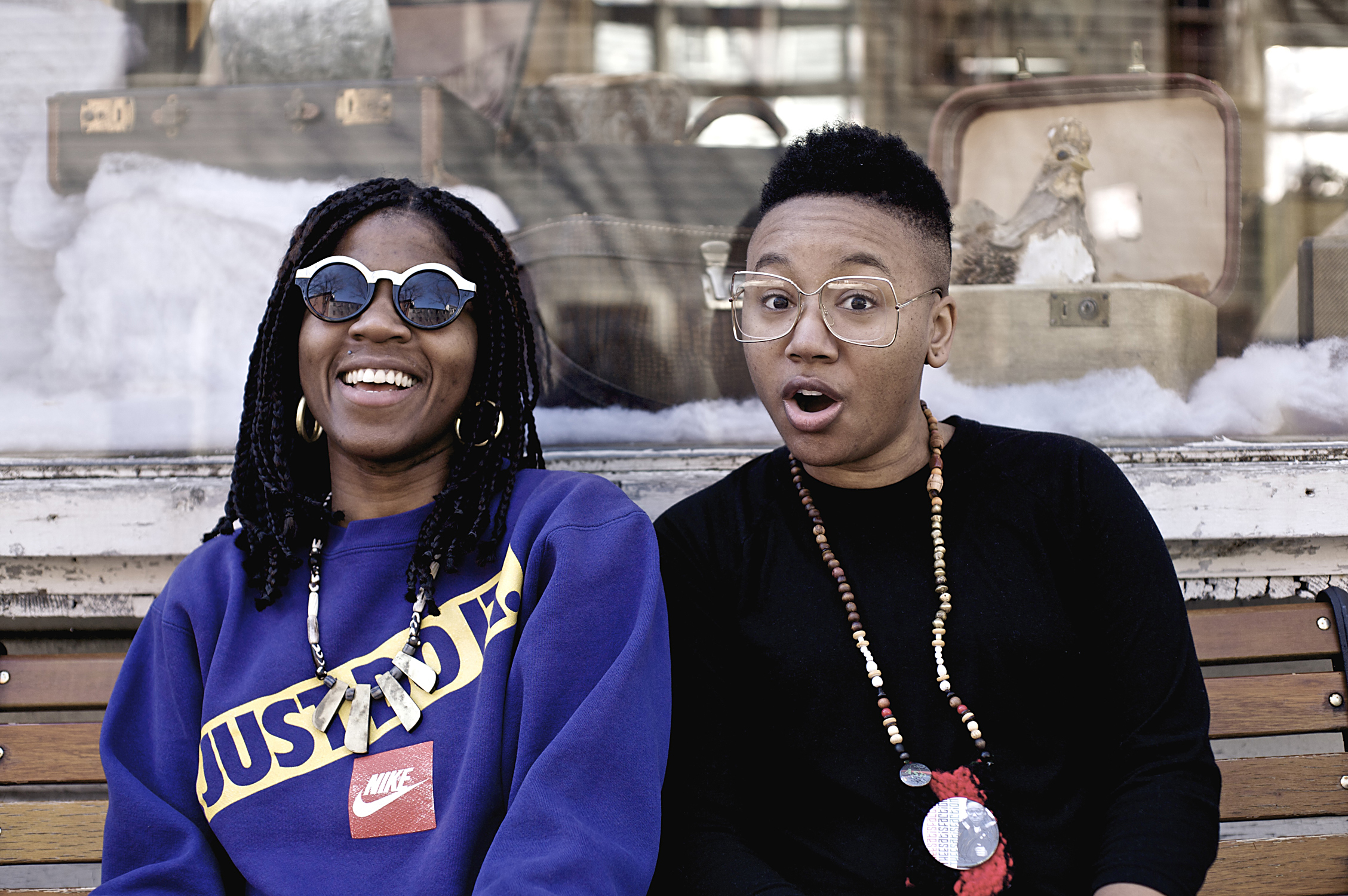Local director Ryan Worsley’s debut documentary chronicles the people, culture, and eventual demise of the legendary punk venue The Funhouse, which closed in 2012. (With its iconic clown on the roof, the bar opened in 2003 on Fifth Avenue North at John Street, near Seattle Center. A seven-story apartment building is now being built on the site.) Worsley’s relationship with The Funhouse began as a patron and grew into something more when she heard it was shutting down. “That was the catalyst,” she explains, yet her film goes beyond the tightknit community that revolved around the club. Razing the Bar also addresses gentrification, always a charged topic in booming Seattle.
The Funhouse was a place, she says, where countless bands, performance artists, and other aspiring creative types could find space to gig. “A lot of people say, ‘Gentrification is good, it brings money to an area, it cleans a place up.’ Well, yeah, it does all that. But the thing is, if you want to be creative, or be in the arts, or get started with anything, you’ve got to start at the bottom.”
Through interviews with former Funhouse staff, patrons, and bands, Worsley and her filmmaking team—which includes producer Debbie Porter, previously a Seattle Weekly colleague—relate the bar’s history as a gritty arts incubator. We hear about various bands—including one whose guitar player “peed in a cup, put it in his mouth, and then spit it on the audience”—and learn about the rise of Joetta Velasquez, a former homeless runaway who booked talent for Funhouse co-owner Brian Foss; today she’s a senior producer at Austin City Limits.
Foss, host of
Sonic Reducer Saturdays on KEXP and a magnetic character within the Seattle music scene, is a prominent figure in the film—something Worsley hadn’t anticipated, but which became key to the project’s completion. “I’d tried to start other projects before,” she says, “but with documentaries, you can’t plan the outcome. My other projects just didn’t seem to flow right. This one, everything sort of fell into place. There were all these great stories, and Brian Foss was on board from the beginning.”
Worsley describes Foss as “this sort of Zen guy,” and through candid, intimate interviews we see how his golden-rule business ethic kept The Funhouse together for nine years. “I had to really push him to do an interview,” says Worsley. “He doesn’t like to be in the limelight, but he opened up and said exactly what he was thinking.”
The resulting portrait, also expressed through photo collages, a rocking soundtrack, and old concert footage (some shot by Worsley herself), is a poignant commentary on the power of music and the resilience of community—a picture in stark contrast to the relentless development in South Lake Union and its environs. When the Aperture on Fifth apartments are completed later this year on the old Funhouse site, you can bet they’ll be full of Amazon workers with no time to go out late to hear live music.
Worsley, who studied film at the Rhode Island School of Design and moved to Seattle in 1998, has considered this issue for some time. Most of the music venues seen in the 1996 grunge documentary Hype!—which she cites as a strong influence—are now also gone.
But what of Foss today and his loyal former Funhouse patrons? Now booking shows for the 2 Bit Saloon and the Highline, Foss says in a tender postscript that “My biggest dream was my wife Cyndi. I love the music, I love the booking, and I’ll do it as long as I can, but the most important thing is my wife, and that is my life.”
Everyone else will land on their feet, says Chris Chambers of the band Smokejumper, which often played The Funhouse. “As terrible as it is,” he says of the venue’s demise, “it symbolizes how great we are at bouncing back from something. I have no worries about the people involved at The Funhouse bouncing back. We’ll all move forward and we’ll all be successful.”
gelliott@seattleweekly.com
RAZING THE BAR SIFF Cinema Uptown (511 Queen Anne Ave. N.), $10–$12: 9 p.m. Tues., May 20 & 27.
For more SIFF coverage, see all of Seattle Weekly’s predictions and previews here.








